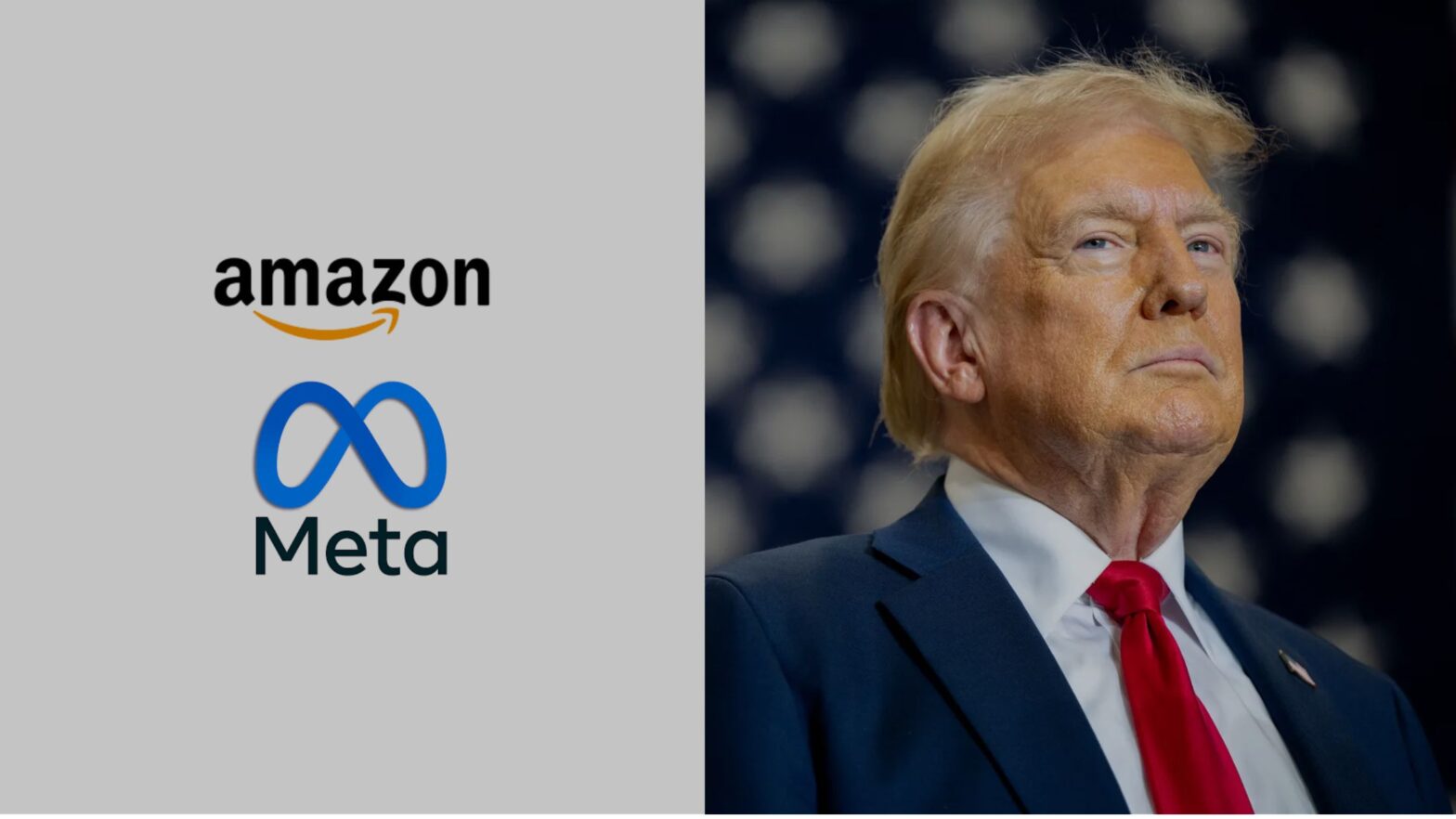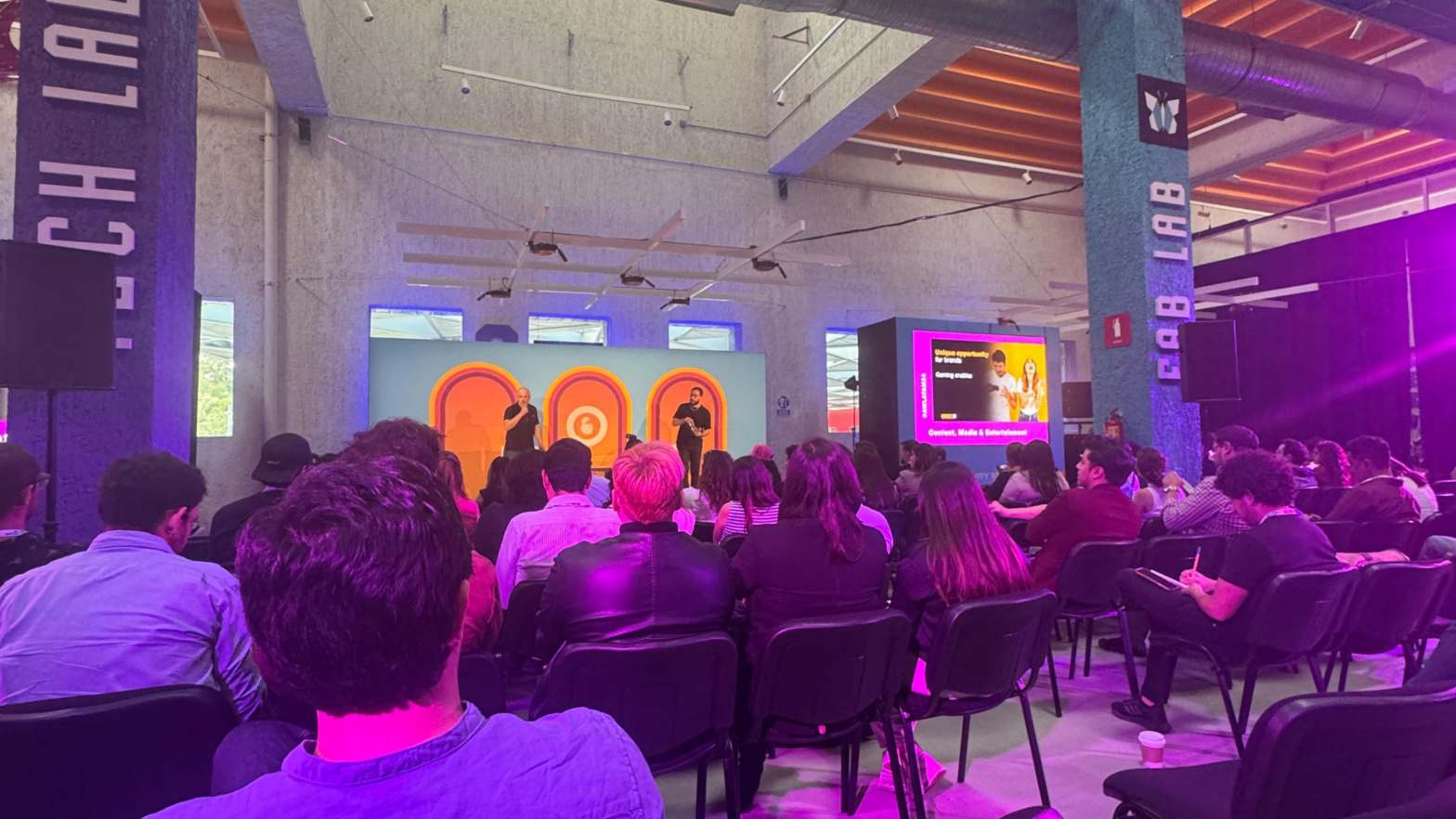Lionsgate bets on AI: the end of human creativity in Hollywood?
October 3, 2024
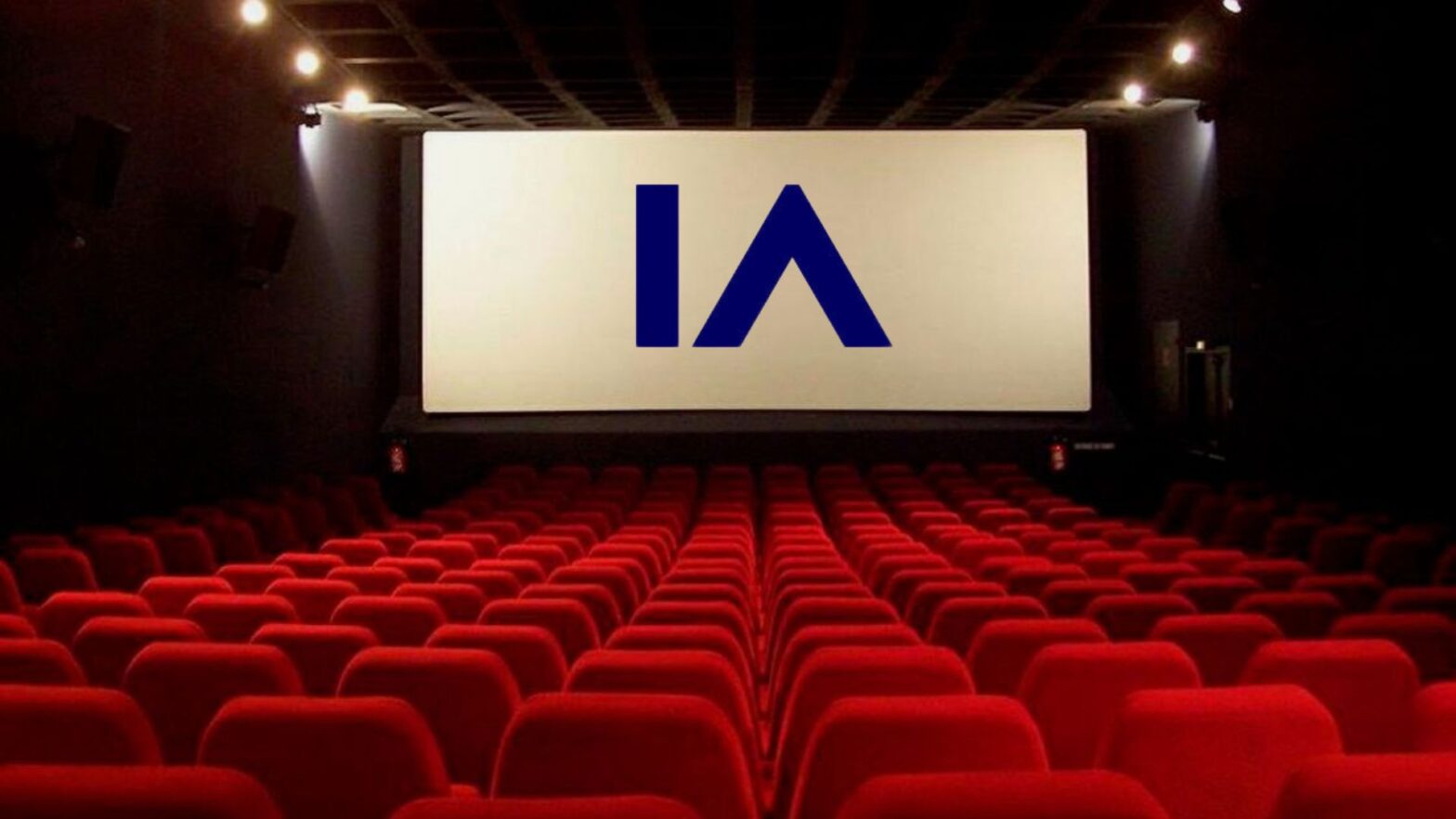
The film industry was taken by surprise when Lionsgate announced its partnership with the artificial intelligence company Runway to train a new AI model based on the studio’s archive of films and series. The goal is to use this technology to generate “cinematic content,” sparking debate over the future impact on creativity and employment in Hollywood.
This agreement comes at a time when AI is already a hot topic in the industry. In 2023, the Writers Guild of America (WGA) went on strike out of concern that AI could replace screenwriters in scriptwriting. The fear is that tools like Runway could eventually displace actors, directors, and writers, replacing them with algorithms that generate content based on previous work.
The ethical dilemma: whose creativity is it?
Lionsgate’s use of previously created content to train its AI models raises ethical questions about copyright and intellectual property. Is it fair that artists’ performances and creations are being reused to feed an AI that could eventually replace them? What does it mean for the legacy of deceased actors to be manipulated by a machine without their consent?
These dilemmas are not new but are becoming more urgent as AI capabilities advance. While Lionsgate is positioning this initiative as a way to “empower” creatives, there is a fear that machines will merely repeat pre-existing patterns and styles, diluting the human element that makes films so unique and emotionally compelling.
The end of human performance?
Despite the apparent advantages of AI in content production, it’s essential to remember that the true value of cinema lies in the human experience and emotions. Film is an art form built on dreams, aspirations, and fantasies that originate in the human mind. It is in the interpretation, emotions, and personal experiences that artists pour into their work where cinema’s real power lies. The idea that AI can genuinely replicate those nuances seems far-fetched, at least for now.
AI may be a useful tool for streamlining processes or generating content based on past patterns, but that content wouldn’t be “new” in the purest sense. It’s more of a compilation, a reinterpretation of what already exists, not the creation of something truly innovative. The danger of over-relying on these technologies lies in the potential loss of that creative spark that only comes from the human mind and soul.
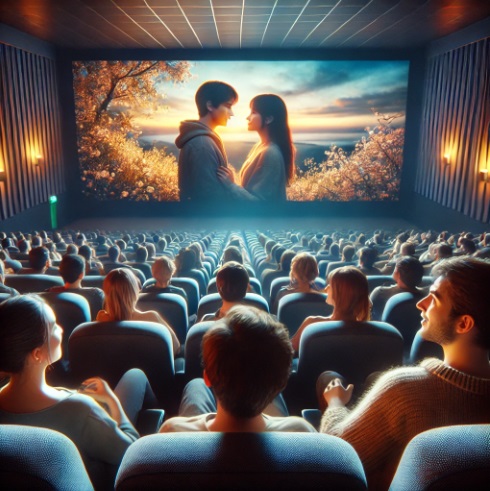
Ally or enemy of the film industry?
The coming months will be critical for the film industry. We’ve already seen how technology has transformed other sectors, and Hollywood may be no exception. The success or failure of this partnership could determine whether AI becomes a tool that collaborates with human creativity or if it ultimately replaces it. What’s clear is that cinematic storytelling and art are at a crossroads, and the outcome of this experiment with Lionsgate and Runway will provide insight into the future of entertainment.
It’s important to consider that while AI may streamline content production, filmmaking is not simply about efficiency. Great directors, writers, and actors don’t just follow pre-established formulas; they break molds, challenge expectations, and ultimately offer audiences a fresh perspective on life. AI can compile data, but it is unlikely to create genuinely disruptive work because it lacks the ability to dream or feel. While some positions may be affected, it’s doubtful that AI can capture the essence of cinema as an art form that reflects the depths of the human experience.

